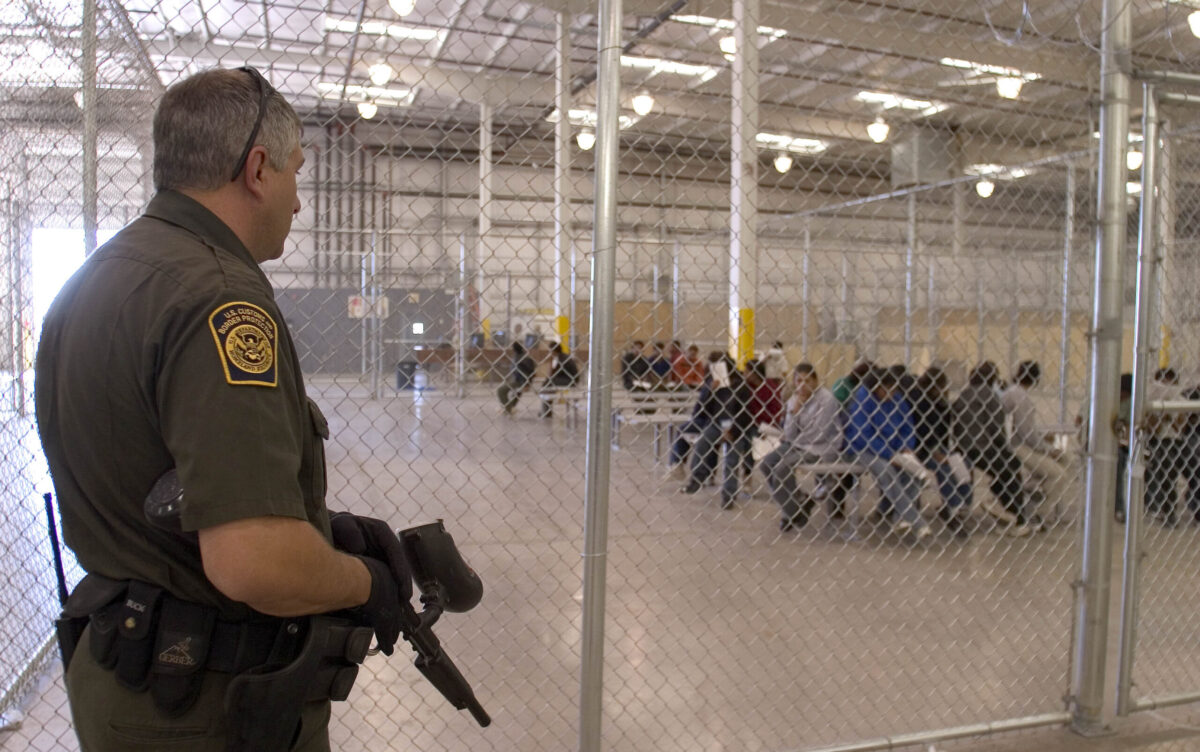Hours after the Supreme Court voted 6-3 to allow Texas border patrol to immediately deport migrants and asylum seekers arriving on the border, the Fifth Circuit Court of Appeals March 19 issued an order blocking the law’s immediate implementation.
The Fifth Circuit is expected to hear arguments March 20 challenging the constitutionality of SB 4. The bill allows police to question and arrest anyone they believe entered Texas through Mexico illegally and is currently without legal immigration status. The White House says SB 4 is unconstitutional, and encroaches on the federal government’s sole authority over immigration.
Critics say the bill could also lead to racial profiling, and — in the extreme — possible deportations of legal migrants who don’t have their immigration papers with them when detained. SB 4 has been dubbed by critics as the “show me your papers” bill.
‘Xenophobic’
“This is an appallingly cruel and clearly unconstitutional law,” tweeted Rep. Pramila Jayapal. “This legislation will not only create chaos, confusion, and disorder in the immigration system — it will lead to racial profiling of immigrant and minority communities, stoking fear in communities across Texas,” she said.
“SB4 turns immigration enforcement on its head, requiring local police to carry out federal immigration functions. It undercuts the trust local police need to help ensure safer communities,” tweeted Jayapal, calling the bill “xenophobic.” She noted that the bill has been opposed by several Texas law enforcement agencies and mayors.
Anti-Immigrant
David Donatti, Senior Attorney for the American Civil Liberties Union, told CBS News in Austin, Texas that the law now has some people of color asking themselves, “do I look like an American? I feel I belong here, but do I look like I belong here to other people?”
The ACLU has said that SB 4 is “one of the most extreme anti-immigrant laws ever passed by any state legislature.”
Immigrant advocates have urged Texas residents who are detained or arrested on suspicion of being undocumented to refuse a search. They should also refuse to identify themselves unless they are the driver, and ask for an attorney. Immigration groups have suggested that all people of color in Texas carry proof of their legal residency with them at all times.




